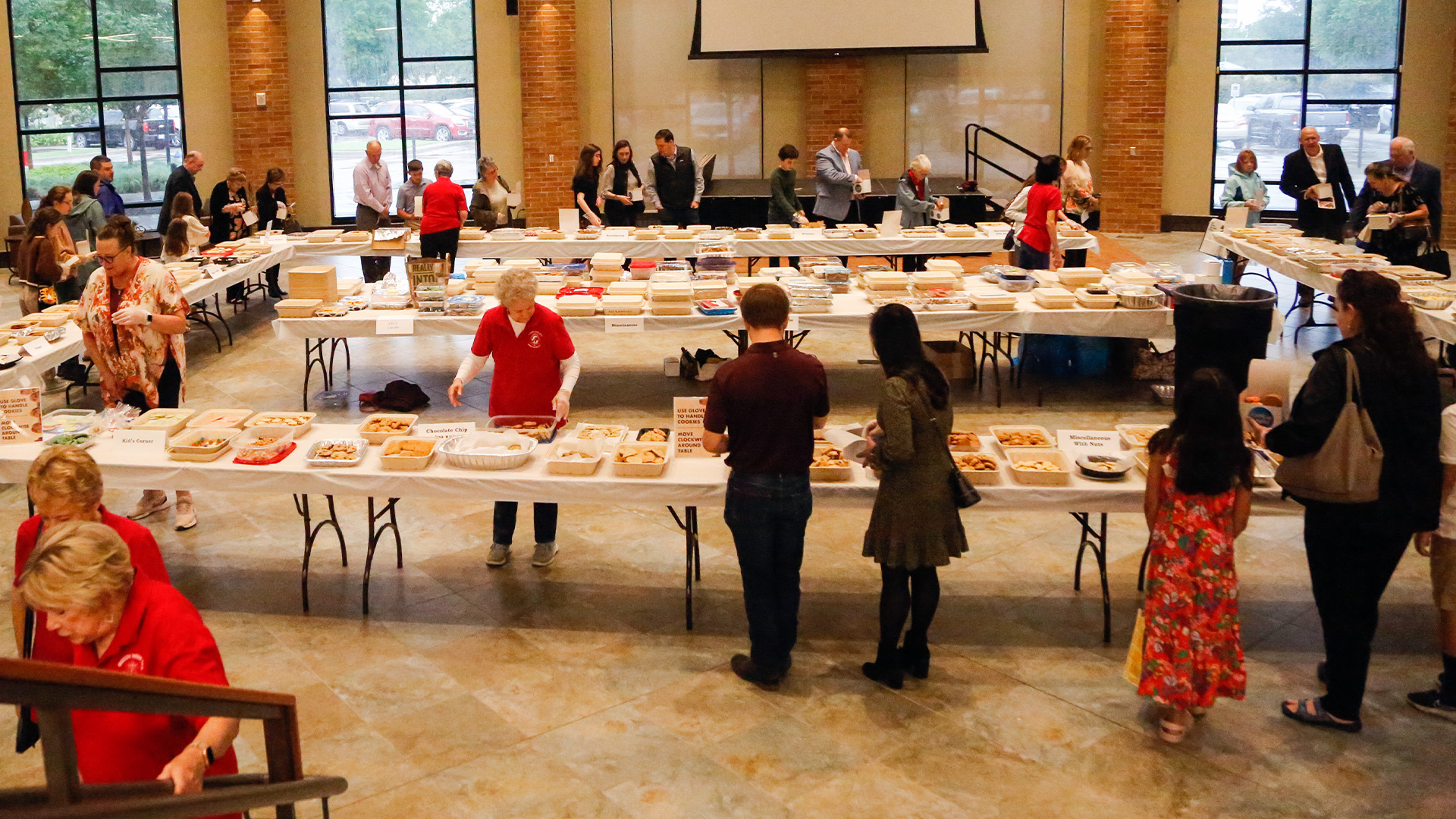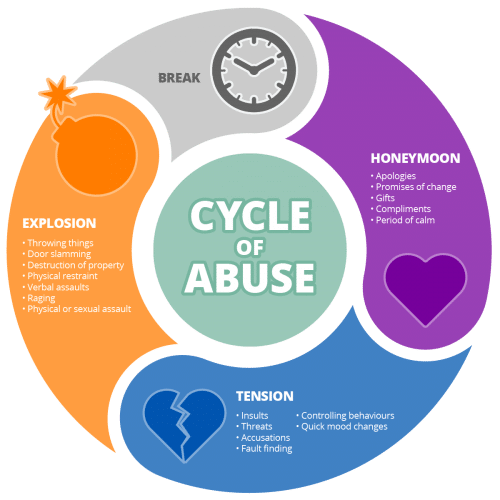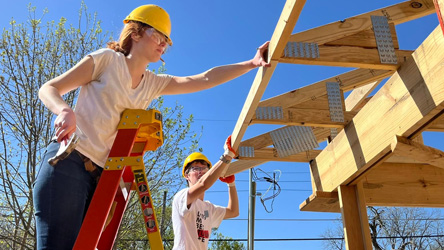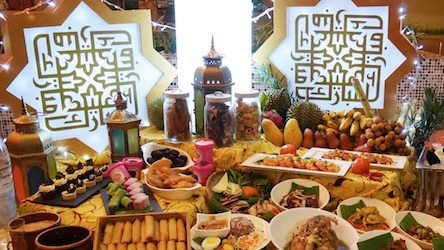And the king will answer them, “Truly I tell you, just as you did it to one of the least of these who are members of my family, you did it to me.” - Matthew 25:40
Church & Society
2nd Monday of each month, 7 pm, Room 225, Education Center via Zoom
New committee members are always welcome to join us as we work in areas of important social concern, developing resources to inform, motivate, and train United Methodists on issues of social justice in the society
Social Justice
As Christians we are called to love our neighbor, and today it is clear that love must include our attention to systemic racism. This is not easy, and most of us aren't sure how to get started.
We have compiled some resources for those seeking to take the next step in their understanding and discussions surrounding race relations. The list is comprehensive and also subject to updates as new resources come to light.
END RACISM RESOURCES North Texas Conference Anti-Racism Resources
Becoming Anti-Racist

Domestic Violence
In Genesis 1, God made man and woman as creatures of sacred worth to live whole lives. Domestic violence robs victims of their dignity, and we as Christians are called to shed light on the issue, provide support for victims, and advocate for change.
The United Methodist Church speaks out strongly against Domestic Violence:
“We recognize that family violence and abuse in all its forms verbal, psychological, physical, sexual is detrimental to the covenant of the human community. We encourage the Church to provide a safe environment, counsel, and support for the victim. While we deplore the actions of the abuser, we affirm that person to be in need of God’s redeeming love.” (Social Principles, ¶161.H)
“United Methodists have worked to eradicate the many forms of violence that destroy the integrity of individuals, families, communities, and nations. People of faith must work to change attitudes, beliefs, policies, and practices at all levels of society that dehumanize and promote the exploitation and abuse of women and girls.” (Book of Resolutions, 3427)
Systemic Racism
As Christians we are called to love our neighbor, and today it is clear that love must include our attention to systemic racism. This is not easy, and most of us aren't sure how to get started.
We have compiled some resources for those seeking to take the next step in their understanding and discussions surrounding race relations. The list is comprehensive and also subject to updates as new resources come to light.
FUMCR END RACISM RESOURCES North Texas Conference Anti-Racism Resources
Becoming Anti-Racist
FEAR ZONE: I deny racism. I avoid hard questions. I talk to others who look and think like I do. I strive to be comfortable.
LEARNING ZONE: I recognize racism is a present and current problem. I seek out questions that make me uncomfortable. I understand my own privilege in ignoring racism. I educate myself about race and structural racism. I am vulnerable about my own biases and knowledge gaps. I listen to others who think and look differently that I do.
GROWTH ZONE: I identify how I may unknowingly benefit from Racism. I promote and advocate for policies and leaders that are Anti-Racist. I sit with my discomfort. I speak out when I see Racism in action. I educate my peers how Racism harms our profession. I don't let mistakes deter me from being better. I yield positions of power to those otherwise marginalized. I surround myself with others who think and look differently than I do.
Know Your Bias
We all have biases. They are our experiences that turn into our habits that turn into our instincts.
Cradle-to-Prison Pipeline
The cradle to prison pipeline can be defined as “the life trajectory that makes it more likely for a poor child of color to end up in prison than his white peers not because of his lack of potential but simply because of the access he has to opportunity due to race and family income.” Source: UT Austin Texas Institute for Child & Family Wellbeing
Opportunities abound in North Texas for making a positive impact at any stage of the “pipeline” and breaking the cycle of incarceration. Below is a list of area organizations that would greatly benefit from volunteers or donations from individuals, groups and businesses.'
Initiatives We Support
AIDS Supper Club
Friday dinner, bi-monthly, for residents of AIDS Services of Dallas Hillcrest House.
Volunteers prepare a dish at home and/or go to the facility, serve, and eat dinner with the residents. Volunteers meet at the church at 4:45 p.m. to go to the Oak Cliff resident facility and return about 8:00 p.m. Contact to help.
Body & Soul
Weekly Sunday meal served to homeless individuals at 4 pm at Dallas’ St. Paul UMC.
Cooking teams serve one Sunday each month, from 2-5 pm.
Coordinators serve one Sunday each month, from 3-5 pm, to transport the servers on a church bus.
Individuals and groups may offer to serve the meal and clean up on a regular or one-time basis, and ride with the coordinator on a church bus. 3-5 pm.
Contact for more information or to volunteer.
New Friends New Life
Provide dinner once each quarter for ongoing program for women who have escaped the sex industry. New Friends New Life Website
People in Need (PIN) Fund
FUMCR’s resource to assist people who walk in or call seeking emergency financial assistance.
Volunteers contribute money to the fund. Contact for information.
Missions & Community Engagement This Week







